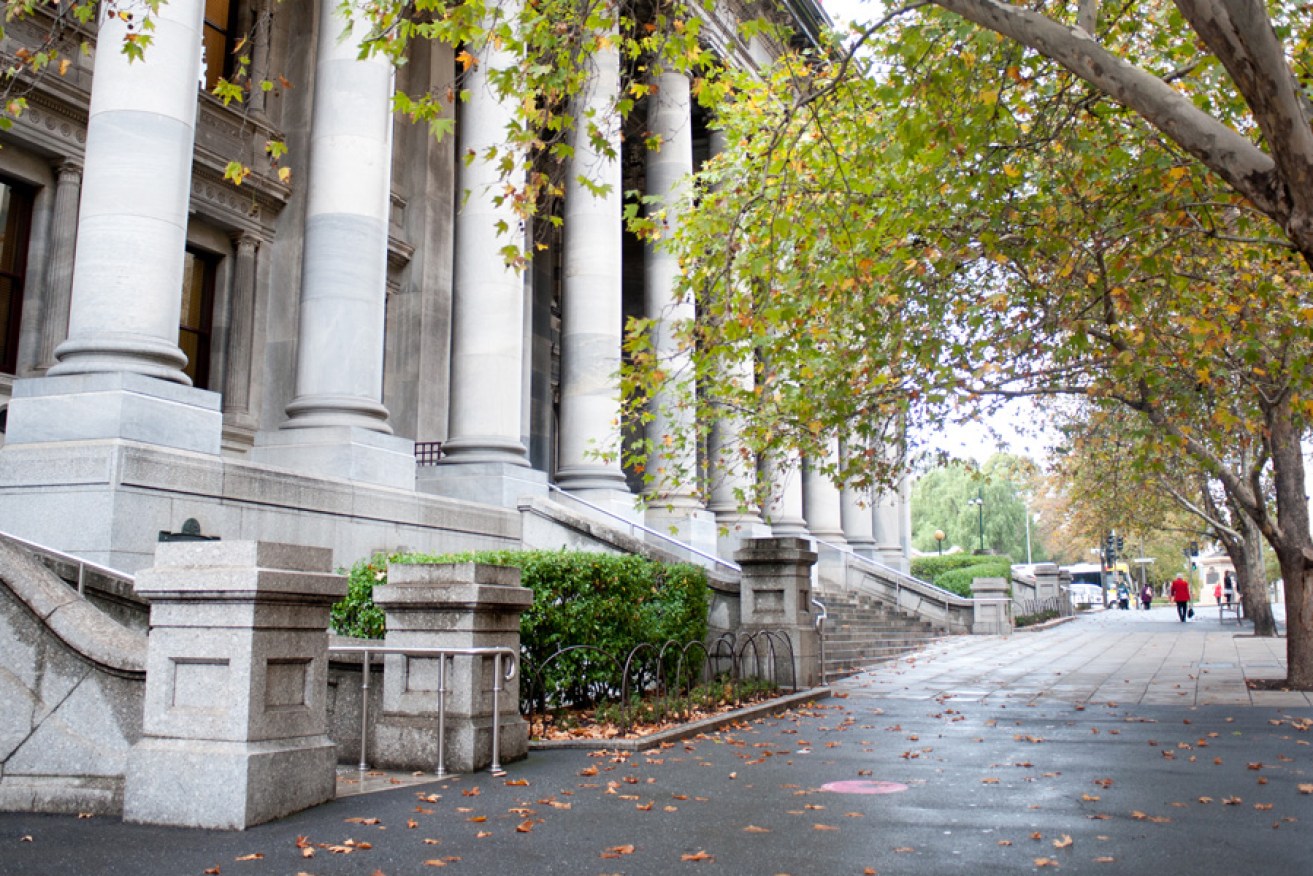Public funding for parties ‘worth the cost’

Under proposed reforms, every party in the State Parliament - except Dignity for Disability - would be eligible for public funding. Photo: Nat Rogers/InDaily
Political donation reforms have won support from a leading South Australian political scientist, who says public funding is the cost taxpayers need to pay for fair and transparent elections.
Political spending from parties will be capped eight months out from the election, if the parties choose to opt in to the regime, Premier Jay Weatherill yesterday announced.
In exchange, they will get access to public funding, which is designed to replace their reliance on political donations and reduce the influence of private interests on policy-making.
“The benefits that come from this policy outweigh the costs,” says Adelaide University political scientist Clem Macintyre.
“We need to remember that a rigorous, well-contested and open democracy is a very valuable part of our political life, and we shouldn’t begrudge the fact that it costs a bit of money from time to time to run elections.”
To get public funding, the parties will need to sign up to the spending cap. A compulsory funding disclosure regime will also be introduced.
Parties will be unable to spend more than $4 million on political campaigns in the eight months leading up to an election.
The State Government claims the caps will also capture political spending from third-party groups who are linked to political parties, such as their separate fundraising organisations.
Macintyre called the caps “simply common-sense” and said they would stop a cashed-up party “overwhelm[ing] their opponents with advertising”.
The spending caps will be in place from July 1 the year before a state election.
During negotiations between parties, the time period for election spending caps was significantly increased.
The original proposal – a three month cap – was criticised behind closed doors by some MPs who believed the period was far too short and that it would encourage parties to spend heavily before the cap was implemented.
The new laws will more than halve the political donation disclosure threshold from $12,400 to $5000, meaning that more donations will be viewable by the public.
The legislation incorporates a new offence of deliberately seeking to subvert the cap by entering into agreements with third parties.
Parties will earn $3.50 per first-preference vote in either the upper or lower house, up to 10 per cent of the total vote. After that, each vote is worth $3.
That compares favourably with the federal system which awards parties about $2.49 per vote.
Public funding only kicks in when a party wins a combined 4 per cent of first preference votes in either the upper or lower house.
From the 2010 state election results, the Liberal Party, the ALP, the Greens and Family First would be eligible. Dignity for Disability MLC Kelly Vincent would miss out on the funding due to her low first-preference count.
Macintyre doesn’t expect the reforms to give an advantage to either side of politics over the long term – although reports the State Liberal party are fundraising strongly may see them disadvantaged at this election, should they choose to opt in.
“There will be times where some parties will be disadvantaged by this, because of the nature of the disclosure, and other times they’ll be disadvantaged because they will have more money available… than they can spend.
“When a party is extremely popular and well-supported whether it’s by business or unions or private donations, whatever, they can be cashed up and really use that money strategically. If there’s a cap on what they spend, then I can remember times when probably the Liberals would have been disadvantaged by this and times when Labor would have been.”




